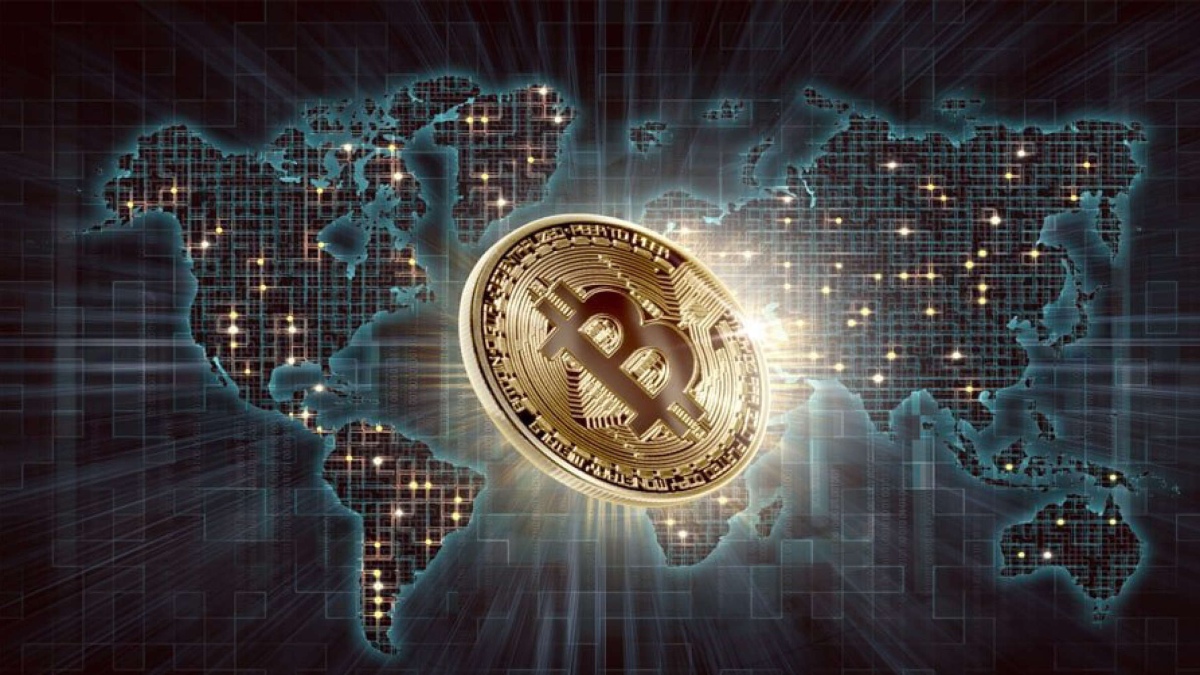


In today’s ever-evolving financial landscape, innovation is the driving force that reshapes traditional markets. A notable example of this innovation is the rise of tokenized commodities, a revolutionary concept that is changing the way we trade physical assets. While the term “tokenized commodities” might sound complex, it’s a concept that’s gaining traction in the world of finance and investment. A leading online trading platform like Trader AI, is at the forefront of this transformation, offering investors new opportunities to diversify their portfolios and engage with the global commodities market in unprecedented ways.
The Evolution of Commodities Trading
Commodities have been a fundamental part of global trade for centuries. From gold and oil to agricultural products, they represent tangible assets that underpin many aspects of our daily lives. Traditionally, trading in commodities involved buying and selling the physical goods themselves or investing in commodity futures. However, these methods have their limitations. Tokenized commodities, on the other hand, have emerged as a digital solution to these challenges, making trading more accessible and efficient than ever before.
What Are Tokenized Commodities?
Tokenized commodities are a digital representation of physical assets like gold, silver, oil, and more. These digital tokens are created on a blockchain, a decentralized and secure ledger technology that ensures transparency and immutability of transactions. Each token represents a share or ownership of the underlying physical asset, allowing investors to gain exposure to commodities without the need to possess the actual goods.
The Role of Blockchain Technology
Blockchain technology plays a pivotal role in the creation and management of tokenized commodities. It provides a distributed and tamper-proof ledger for recording ownership and transaction data. Some key benefits of using blockchain for tokenized commodities include:
1. Transparency: All transactions and ownership details are visible on the blockchain, ensuring trust and accountability.
2. Security: Blockchain’s cryptographic features make it highly resistant to fraud and hacking.
3. Efficiency: Transactions are settled quickly and at a lower cost, reducing the need for intermediaries.
Accessibility and Diversification
One of the most significant advantages of tokenized commodities is their accessibility. By partnering with platforms, investors can now easily buy and trade these digital tokens, opening up the commodities market to a wider range of participants. This accessibility encourages diversification, allowing investors to spread their risk across various assets and hedge against market fluctuations.
Fractional Ownership
Another benefit of tokenized commodities is fractional ownership. Traditional commodity trading often required substantial capital to buy an entire contract or physical asset. With tokenized commodities, investors can purchase fractions of an asset, making it accessible to individuals with smaller budgets. This democratization of commodities trading empowers a broader range of investors.
Liquidity and Flexibility
Tokenized commodities offer enhanced liquidity and flexibility compared to traditional trading methods. Investors can buy and sell tokens 24/7, providing the freedom to react to market developments at any time. This flexibility can be particularly advantageous in volatile commodity markets.
Reduced Counterparty Risk
Tokenized commodities also help reduce counterparty risk. When trading physical commodities, there is always a level of risk associated with the counterparty’s ability to deliver the goods. Tokenized commodities eliminate this risk, as ownership and delivery are recorded and executed on the blockchain, removing the need for intermediaries.
The Rise of Digital Tokens
As the world becomes increasingly digitized, digital tokens are becoming more mainstream. Tokenized commodities are a prime example of how the digital realm is transforming traditional markets. They offer unique advantages that can benefit a wide range of investors, from beginners to experienced traders.
The Impact of Innovative Online Platforms
An array of online trading platforms has taken an active interest in the concept of tokenized commodities. By creating a user-friendly and secure environment for investors to purchase and trade these digital assets, they have opened the door for individuals to participate more readily in the commodities market. These platforms are dedicated to delivering a seamless trading experience and have become trusted allies for those interested in exploring the world of tokenized commodities.
Conclusion
Tokenized commodities are a game-changer in the world of trading physical assets. They bring transparency, accessibility, and efficiency to the commodities market, allowing a wider range of investors to participate. With platforms leading the way, tokenized commodities are set to become an integral part of the modern investment landscape, transforming the way we trade physical assets and creating new opportunities for financial growth and diversification. Embrace the future of commodities trading with tokenized assets, and explore the possibilities they offer.